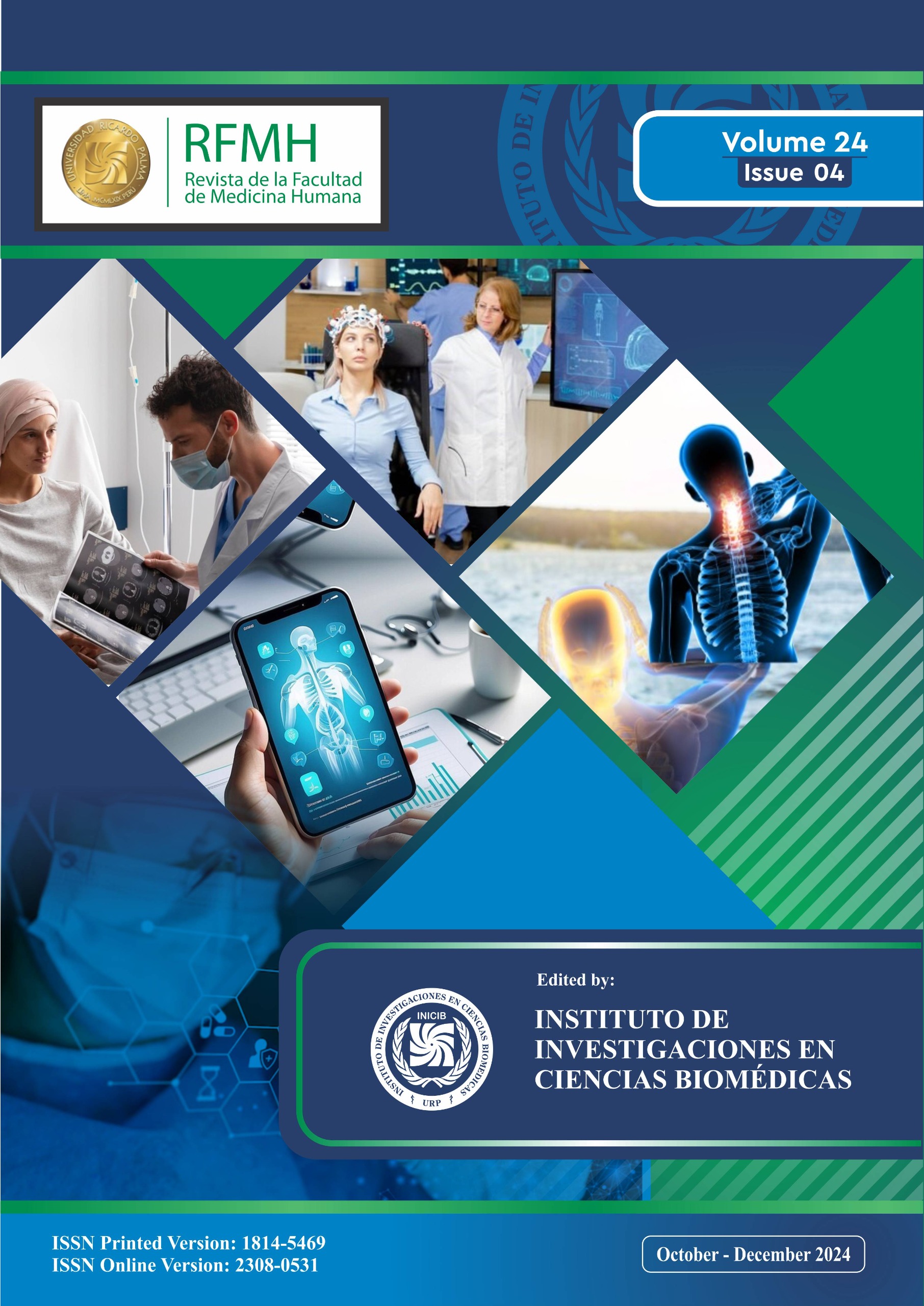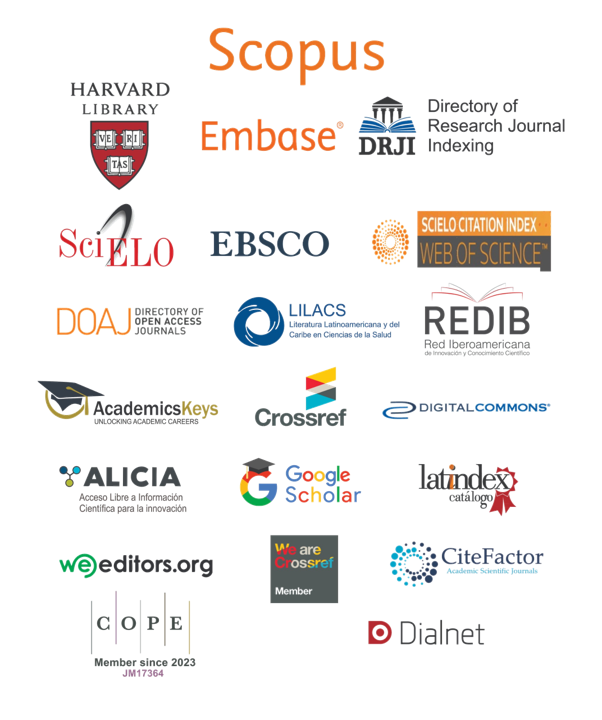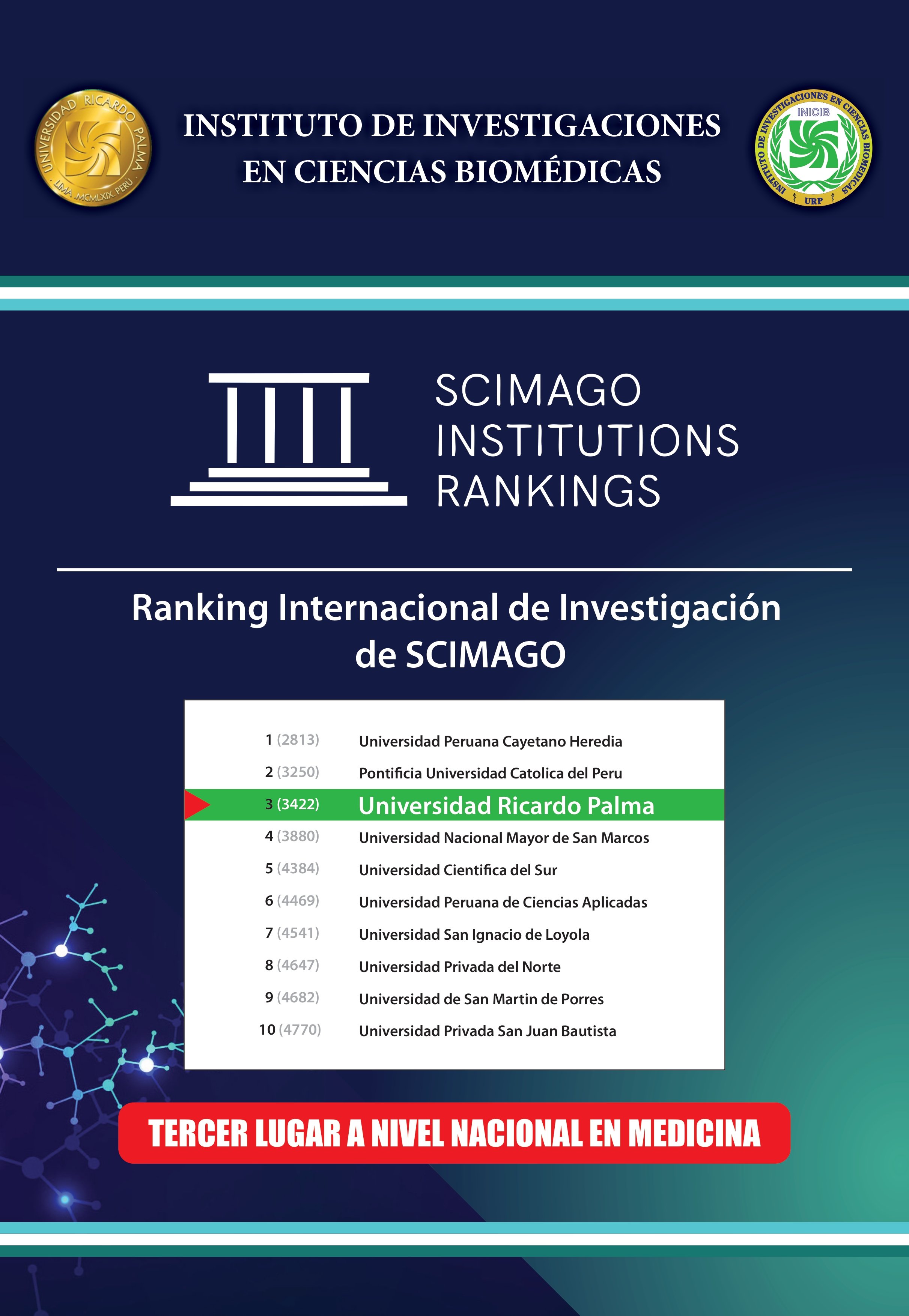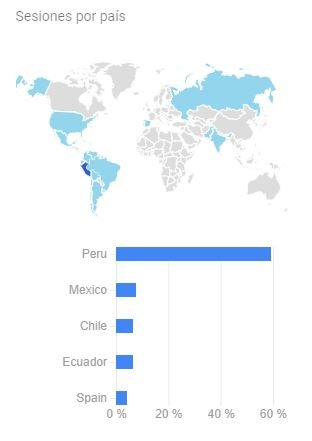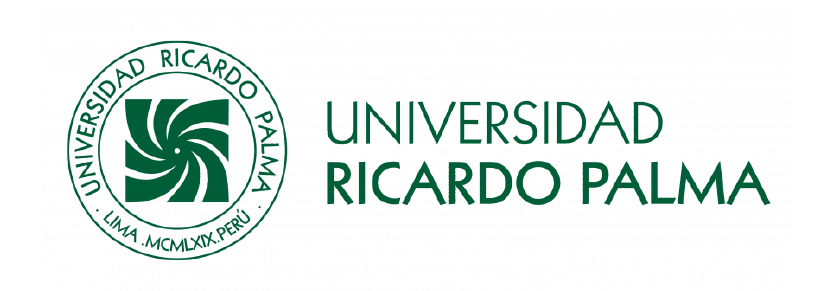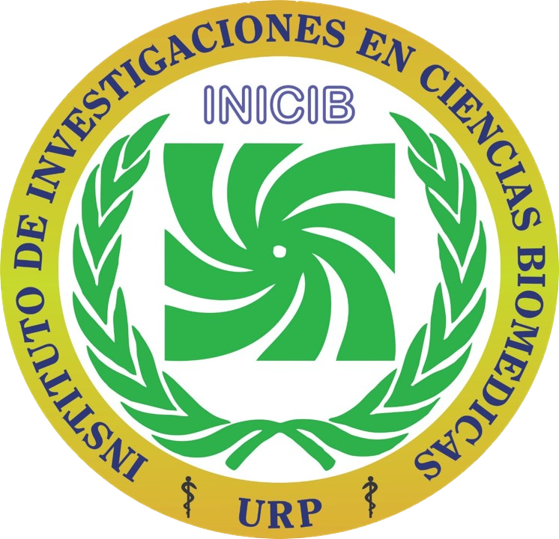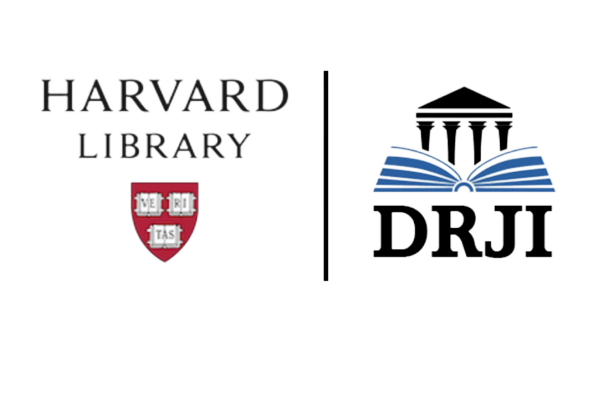BRIEF OVERVIEW
BRIEF OVERVIEW
Alfredo Quiñones-Hinojosa, MD, is a consultant and serves as president of the Department of Neurological Surgery on the campus of the Mayo Clinic in Florida, and is recognized with the distinction of named professor, William J. and Charles H. Mayo as a professor. Its clinical approach includes:
- Surgical treatment of primary and metastatic brain tumors with emphasis on motor and speech mapping during surgery
- Pituitary tumors and tumors of the skull base that use endonasal and minimally invasive transphenoid approaches
- Provide personalized medicine to improve patient outcomes.
In addition to his clinical activities, Dr. Quiñones-Hinojosa leads the research funded by the NIH to find a cure for brain cancer. His cutting-edge research focuses on brain tumors and cell migration, disparities in health care and clinical outcomes for neurosurgical patients in which the operating room is used as an extension of their research scenario. He is the author of numerous articles of scientific journals of high impact, chapters, summaries and books.
Dr. Quiñones-Hinojosa also continues to provide advice to residents, graduate students and scholars.
Conditions treated
- Acoustic neuroma
- Brain metastasis
- Brain tumor
- Chondrosarcoma
- Cordoma
- Ependymoma
- Glioblastoma
- Glioma
- Meningioma
- Pituitary tumor
- Schwannoma
- Spinal cord tumor
Procedures performed
- Brain tumor surgery
- Pituitary tumor surgery
- Radiation therapy
- Stereotactic radiosurgery
Interests
- Clinical
The practice focuses on the surgical treatment of primary and metastatic brain tumors, with an emphasis on motor and speech mapping during surgery and in the treatment of patients with pituitary tumors and minimally invasive approaches of tumors of the base of the skull
- Investigation
The research focuses on brain tumors and stem cell migration, disparities in medical care for minorities and clinical outcomes for neurosurgery patients. The main research achievements include:
- Mechanisms of elucidation by which brain tumors migrate.
- Integration of the use of mesenchymal stem cells in the local treatment of solid tumors
- Concomitant use of nanotechnology and focal beam radiotherapy in the systemic treatment of solid tumors
- Development of new imaging software to help identify areas within solid tumors with the greatest malignant potential
- Development of innovative, minimally invasive approaches for the resection of brain tumors
- Education
- 2005 Residence – Neurosurgery University of California San Francisco
- 2004 Postdoctoral fellowship - Biology of development and stem cells University of California San Francisco
- 2000 Internship - General SurgeryUniversity of California San Francisco
- 1999 Research Grant - Bristol-Myers Academic Medicine Scholarship; He studied the use of intraoperative MRI in brain tumor biopsies. Advisor: Dr. Peter McL. Black. Harvard Medical School
- 1999 Research Grant - Howard Hughes Scholarship; The effects of coenzyme Q10 with nicotinamide were examined; creatine and cyclocreatin (i) in the preparation of rabbit retina in vitro, and (ii) in an in vivo model of focal cerebral ischemia in the rat. Advisors: Dr. Chris Ogilvy and Dr. Ken Maynard. General Hospital of Massachusetts and Harvard Medical School
- 1999 Doctoral thesis: studies of ischemia in the rabbit retina in vitro: neuroprotection by metabolic inhibition Harvard Medical School
- 1996 Research grant - Neurobiology training fellowship scholarship: cloned part of the locust ecdysone-steroid receptor gene, Homarus americanus, which plays a role in aggressive behavior. Advisor: Dr. Edward A. Kravitz. Harvard Medical School
- 1994 Research Scholarship - Ford Baccalaureate Scholarship; The role of long-term potentiation in the nucleus accumbens of the rodent was investigated. Advisor: Dr. Joe L. MartinezUniversity of California Berkeley
- 1994 Bachelor's degree - Psychology, Thesis: long-term implanting in the lateral-nucleus perforator via accumbens synapses in the rat in vivo University of California Berkeley
- 1993 Research Scholar - Summer School Medical Research Program; He investigated the role of drugs and lethal injuries in New York City. Advisors: Dr. Kenneth Tardiff and Dr. Peter Marzuk-Cornell University
Activities and honors.
Certifications
- 2010 Neurological Surgery American Board of Neurological Surgery
Awards and honors
- 2016 Keynote AddressLoyola University Chicago
- 2016 Speech of graduation of the University of Marin
- 2015 Speaker of the Dominican University graduation
- 2015 Speaker presentationor university of health sciences
- 2015 Cristo Rey Jesuit High School Graduation Speaker
- 2015 Speaker of the University of Notre Dame
- 2015 Main speaker at the Convention Comex2015 Comex Convention
- 2015 Main speaker at the XVII International Congress Advances in MedicineHospital Civil de Guadalajara, University of Guadalajara
- 2015 VII Iberoamerican Prize Cortes de Cádiz de Cirugia, SpainVII Iberoamerican Prize Cortes de Cádiz de Cirugia, Spain
- 2015 Guest Speaker at the NIH Graduate Student Research SymposiumNIH Professional Membership
- 2018 - present Co-chair BSC Radiation Oncology Branch visit
- 2018 - present invited ScientistABNS Oral Board Exam
- 2017 - present Committee Member Clinical Practice Committee - Florida, Mayo Clinic Committees of Florida
- 2017 - present Committee on Surgery and ProcedureMember of the Committee
- 2017 - present Member of the Mayo Clinic Committee Florida Department and Division Chiefs
- 2016 Co-Chair Visit to the NIH NCI surgery branch, Johns Hopkins Medicine
- 2016 - present Guest scientistABNS Oral Board exam
- 2016 - present RevisorNSD-A review meeting
- 2015 Co-Chairperson of the NIH NCI pathology lab website, Johns Hopkins Medicine
- 2014 - 2016 Member Search Committee for the Director of the Department of Surgery, Johns Hopkins Medicine
SUMMARY
Alfredo Quiñones-Hinojosa, MD, director of the Neurosurgery Laboratory of Brain Tumor Neurosurgery, studies brain tumors from a surgical, imaging, clinical and basic science perspective. Dr. Quiñones-Hinojosa conducts research to predict the patient's prognosis and discover new methods to administer effective treatments for brain tumors in diverse populations. He has obtained multiple grants from the National Institutes of Health (NIH) and owns more than a dozen patents. He has started several companies to translate his laboratory work to the patient. Focus areas:
- Understand the migration and progression of cancer in the brain.
- Understand the populations of invasive cells.
- Discover new therapeutic targets to impact tumor progression. Importance for patient care. Dr. Quiñones-Hinojosa seeks to improve patient safety, maximize the effectiveness of current treatments and advance the development of new therapies for brain tumors. Featured professionals
- Chair, Section of Bioengineering Studies, Technology and Surgical Sciences, NIH, 2016-present
- President, revision of the surgical branch, NIH/National Cancer Institute, 2016-present
- Editorial boards, Journal of Oncology; Annals of Surgical Oncology; Global neurosurgery; World Journal of Stem Cells, 2008-present.




